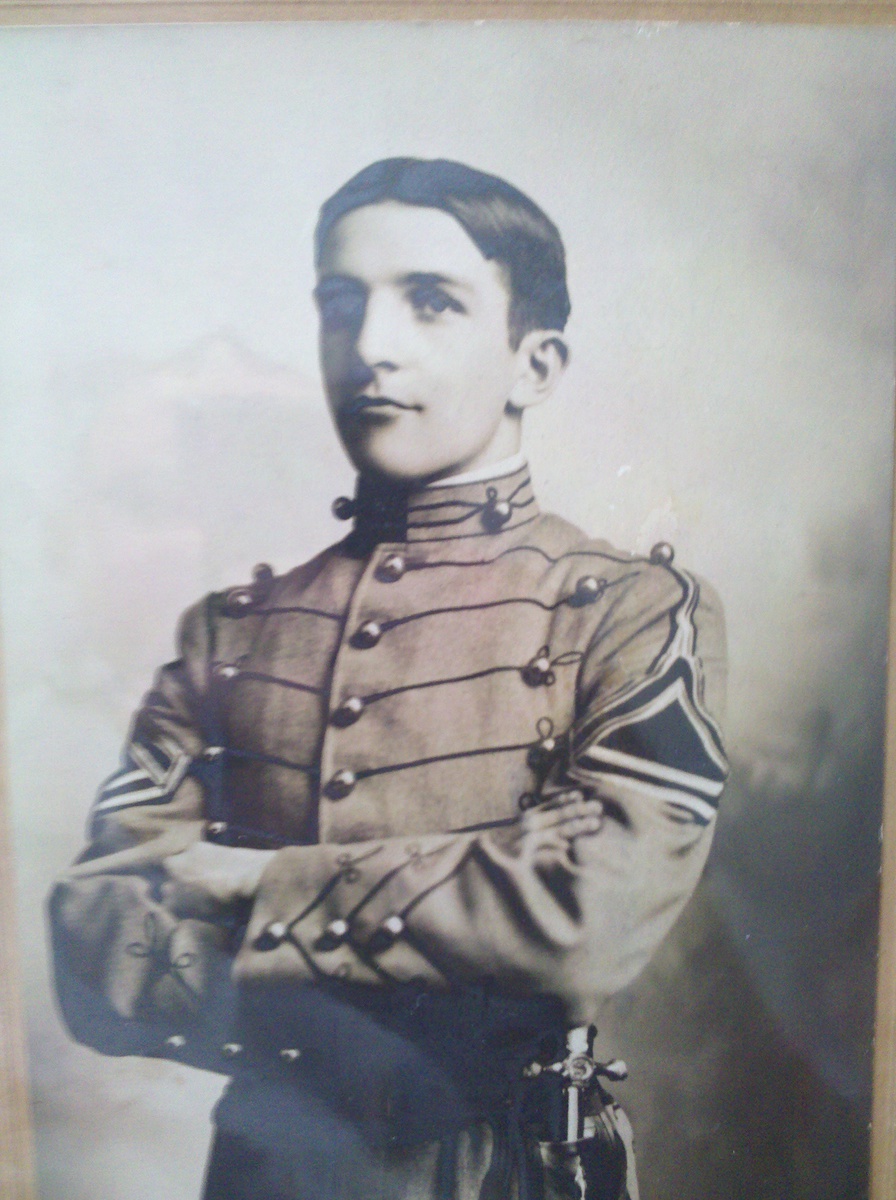The Making of a General: Douglas MacArthur's Early Life
History remembers General Douglas MacArthur as a towering figure, a five-star general, and a symbol of American resilience during World War II. But long before the echoes of "I shall return" resonated across the Pacific, a young Douglas was already on a path paved with ambition, patriotism, and an unwavering belief in his own destiny. To understand the man who would command armies and shape nations, we must first journey back to his beginnings, to the early life that forged his character and set him on a course to become one of the most complex and fascinating military leaders in history.
Born into a family steeped in military tradition – his father, Arthur MacArthur Jr., was a decorated Civil War hero – Douglas's life was intertwined with the army from the very start. Little Douglas grew up surrounded by stories of valor, duty, and sacrifice, lessons that would become deeply ingrained in his worldview. This familial legacy, coupled with his mother's fierce ambition for her son, cultivated in young Douglas a drive to not only meet but exceed the expectations placed upon him.
Douglas's education was tailored for leadership. He excelled at West Point, graduating top of his class in 1903. His academic prowess, combined with his innate charisma and natural leadership abilities, marked him as an officer destined for greatness. This early period, however, was not without its challenges. Douglas's strong personality and unwavering confidence sometimes rubbed others the wrong way, a trait that would follow him throughout his career, garnering him both staunch allies and fervent critics.
MacArthur's early military career was marked by rapid advancement. He served with distinction in various roles, showcasing his tactical acumen and unwavering bravery. From the battlefields of Veracruz, Mexico, to the trenches of World War I, Douglas sought out opportunities to prove himself, accumulating a collection of medals and commendations that solidified his reputation as a brilliant, if sometimes controversial, military mind. These early experiences, filled with both triumphs and setbacks, were crucial in molding his understanding of warfare and his approach to leadership, shaping him into the general who would later become a household name.
Examining Douglas MacArthur's early life is not merely an academic exercise; it offers valuable insights into the making of a leader whose decisions impacted millions. By understanding the influences, experiences, and challenges that shaped his youth, we gain a deeper appreciation for the complexities of the man who, for better or worse, left an undeniable mark on the 20th century.
Advantages and Disadvantages of MacArthur's Upbringing
| Advantages | Disadvantages |
|---|---|
| Strong military heritage instilled discipline and patriotism | Pressure to live up to family legacy could be overwhelming |
| Elite education provided a strong foundation for leadership | Privileged upbringing may have led to a sense of entitlement |
| Early exposure to diverse military experiences fostered adaptability | Tendency to be headstrong and clash with authority figures |
Common Questions About Douglas MacArthur's Early Life
1. Where was Douglas MacArthur born?
Douglas MacArthur was born on January 26, 1880, at Little Rock Barracks in Little Rock, Arkansas.
2. What was Douglas MacArthur's family like?
MacArthur came from a prominent military family. His father, Arthur MacArthur Jr., was a decorated Civil War general and later served as Military Governor of the Philippines.
3. What kind of education did Douglas MacArthur receive?
MacArthur attended the United States Military Academy at West Point, where he excelled academically and graduated top of his class in 1903.
4. What were some of MacArthur's early military assignments?
Following West Point, MacArthur served in various roles, including in the Philippines, Panama, and on the Mexican border. He also served with distinction in World War I.
5. What was MacArthur's personality like in his youth?
MacArthur was known for his intelligence, charisma, and ambition. He was also described as fiercely independent and sometimes difficult to work with.
6. Did MacArthur's upbringing influence his leadership style?
Undoubtedly. His military upbringing, elite education, and early experiences shaped his views on leadership, strategy, and the role of the military.
7. What can we learn from studying MacArthur's early life?
Examining MacArthur's formative years provides insight into the development of his character, leadership style, and the factors that contributed to his successes and failures.
8. Are there any books or resources recommended for learning more about MacArthur's early years?
Yes, several biographies delve into MacArthur's upbringing. A good starting point is "American Caesar" by William Manchester.
To truly grasp the impact of Douglas MacArthur, one must look beyond the battlefield and delve into the early life that forged this complex and influential figure. His story is a reminder that even the most iconic leaders are shaped by a confluence of factors – upbringing, experiences, and personal choices – all of which intertwine to create the tapestry of a life.
Level up your wardrobe finding the perfect anime t shirt online store
Craving comfort food louies roast beef weymouth is calling your name
Disrupting decor the rise of light grey behr paint














